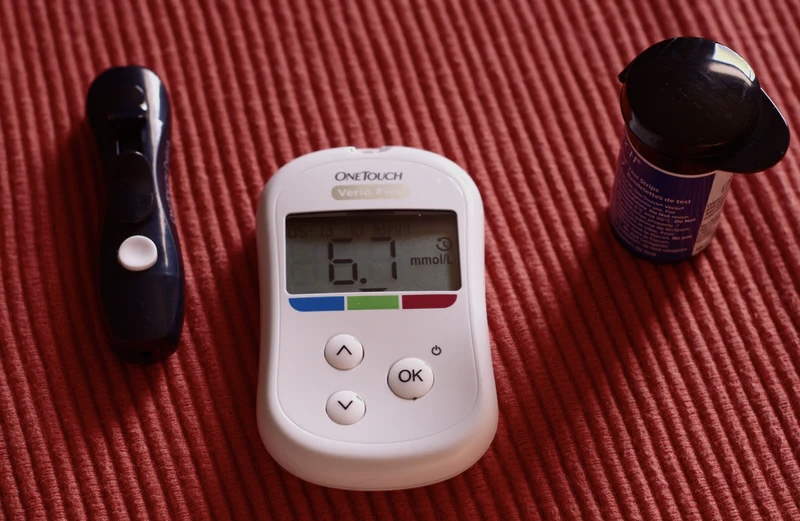
Diabetes is often co-occurring with other diseases like dementia.
Illnesses rarely impact just one area of the body.
Even a mere cold can fatigue your muscles and brain rather than simply irritating your lungs, nose, and throat.
The same is true for chronic illnesses like diabetes.
According to a recent MSN recent article titled “Study: Diabetes can significantly raise the risk of dementia,” certain ailments may impact the development of dementia at different ages.

Those with diabetes may find themselves with a greater risk of developing dementia.
A recent study published in the Neurology journal and authored by Professor Emer McGrath from the National University of Ireland Galway reviewed several of these connections between health conditions.
What did the study find?
When people are in their mid-50s, they are more likely to develop dementia if they also have diabetes and high blood pressure.
Those with diabetes at age 55 had a four times greater chance of developing dementia at a later time.
Those with high blood pressure showed an increase in risk by about 12 percent for each systolic blood pressure increase of 10 points.
Research showed those with heart disease in their mid-60s also have twice the risk of developing dementia than those who have not had a heart attack or other heart condition.
Individual in their 70s who have had a stroke or have diabetes are also at an increased risk for cognitive disease.
Those who have these risk factors in their 80s had a 40 percent to 60 percent greater chance of developing dementia, but taking blood pressure medications was found to decrease the risk.
The study was conducted by monitoring about 5,000 individuals in the U.S. for up to 25 years starting at around age 55.
The information was gathered from the Framingham Heart Study surveys of the health of residents from a town in Massachusetts by the same name (Framingham).
Monitoring of dementia development began when the participants were age 65.
When participants were around age 80, only half of them did not have dementia and still had data available for research.
Although the results of the study provide insight into generalized patterns and can help with screening for the disease, risk is also impacted by individual factors.
Even so, gaining a better understanding of preventative measures may help reduce the number of people affected.
At this time, the number of dementia cases is expected to triple to more than 150 million by the year 2050!
Because current treatments focus on symptoms rather than on a cure, it is helpful to use information from research to help reduce risk.
Reference: MSN (May 24, 2022) “Study: Diabetes can significantly raise the risk of dementia”
REMEMBER: “The choice of a lawyer is an important decision and should not be based solely upon advertisements.”
This statement is required by rule of the Supreme Court of Missouri.
